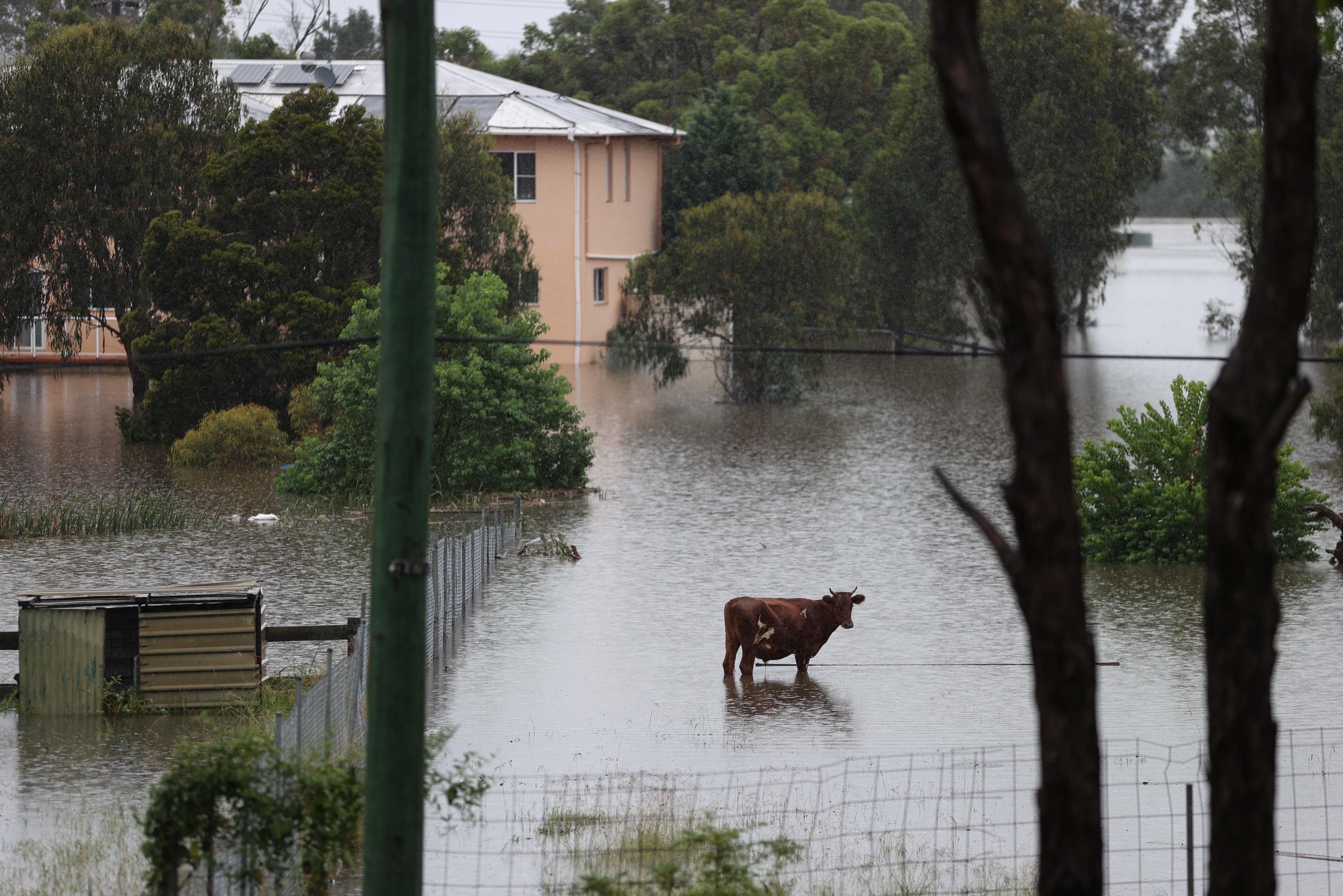News
March 22, 2021
18,000: More than 18,000 Australians have been evacuated from their homes after a severe flood hit New South Wales, the country's most populous state. The disaster comes just over a year since Australia was hit by another climate-linked extreme weather event: the uncontrollable bushfires that destroyed millions of hectares of land in 2020.
38: Thirty-eight US Senators are urging President Biden to become the first US president to officially recognize atrocities committed by the Ottoman Empire against ethnic Armenians in the years during and after World War One as a "genocide." Previous US administrations have floated the idea but backed off over fears of angering NATO ally Turkey, which still denies the accusation.
4: Israelis head to the polls Tuesday for their fourth general election in just two years. Though polls suggest the race will be tight, incumbent Prime Minister Benjamin Netanyahu appears to hold a slight lead.
0: As sporting officials move forward with plans for this year's summer Olympics in Tokyo — delayed from 2020 because of the pandemic — Japanese officials now say that zero foreign spectators will be allowed to attend. Many Japanese have called for the games to be delayed again, citing fear that athletes arriving from all over the world could spread COVID-19.More For You
- YouTube
It's one of the few sources Americans across the political spectrum still rely on.
Most Popular
Think you know what's going on around the world? Here's your chance to prove it.
America’s new National Security Strategy confirms what Europeans have feared for months: Washington now sees a strong, unified European Union as a problem to be solved, not an ally to be supported.
Sports inspire greatness, determination, and resilience — both on and off the field. Bank of America is proud to celebrate the achievements of and uplift communities through the power of sports. Learn more about how Bank of America supports athletes in life and in the game.
© 2025 GZERO Media. All Rights Reserved | A Eurasia Group media company.
